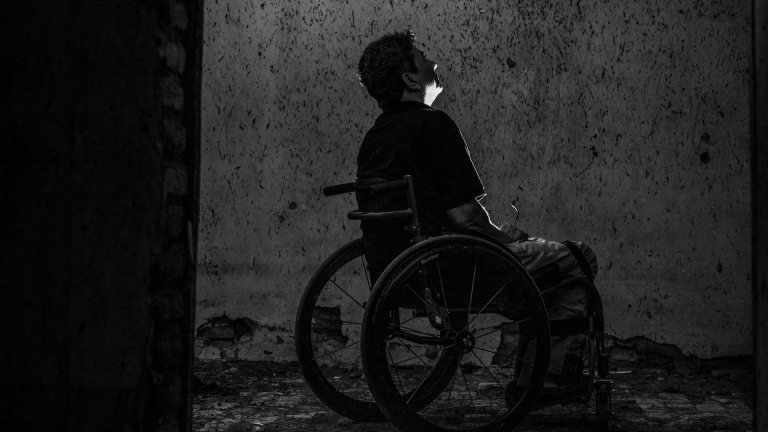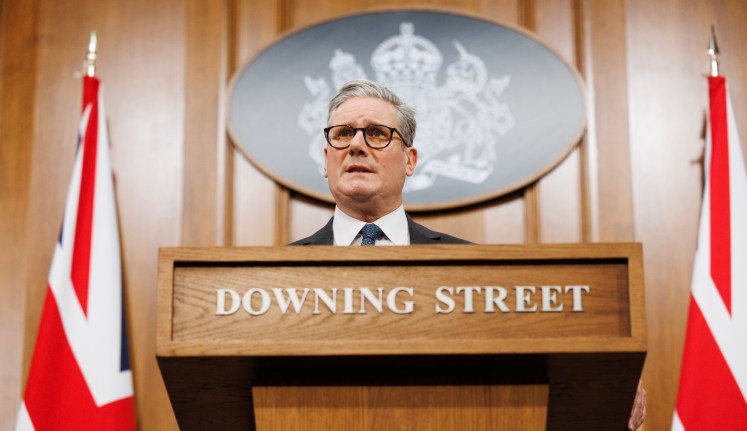Trying to explain AI to me is like trying to explain God to a horse. Words will be spoken and there might appear what seems, on the surface, some signals of sentience. But ultimately, I just want to eat something and jump over a hedge.
However, that doesn’t stop a desire to learn and understand. Not just to understand what it is, but, more broadly, why so many of the richest, most influential people in the world are losing their minds and betting the house on it. It can’t all be because they want to create a script for a fictionalised Willy Wonka event in Glasgow (still, to date, the most amusing and ill-delivered use of AI).
Just over a week ago, Elon Musk offered around $100bn (£80bn) to buy OpenAI. Even in the rarified world of tech bros that feels chunky. Was the offer made to annoy Sam Altman, his former ally and co-founder of OpenAI?
Altman, it is said, is keen to work a deal that would see him buy the for-profit part of the company for around $40bn. Obviously, trying to work out the reasoning behind any of Musk’s capricious decisions is a modern Gordian Knot. Still, it’s all part of the AI conundrum.
- World’s billionaires are worth £11.3 trillion. Here’s how their cash could make the world a better place
- Billionaires are making a killing during cost of living crisis – we can’t afford to accept this
- This man wasn’t ready to say goodbye to his dead cat. So he resurrected him as an AI robot
Just a few weeks before the purchase offer, a report had been published outlining the growing success of OpenAI in longevity research. A new AI model had managed to vastly accelerate cell regeneration. There is more to it than this, involving new approaches to the Yamanaka factors, but as I’m going through the gears here like a veritable John von Neumann, we don’t have to dwell on this.
In essence, this science is leaping ahead with de-ageing. Not in the way of Bryan Johnson, the obscenely wealthy man spending $2m a year to de-age and potentially live forever – why Bryan, why so much effort for vanity – but in ways that can help millions of people. It is looking at how cells can replicate, potentially adding 10 years to the average human life, and also how this could help in organ replacement.











